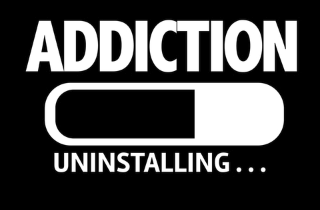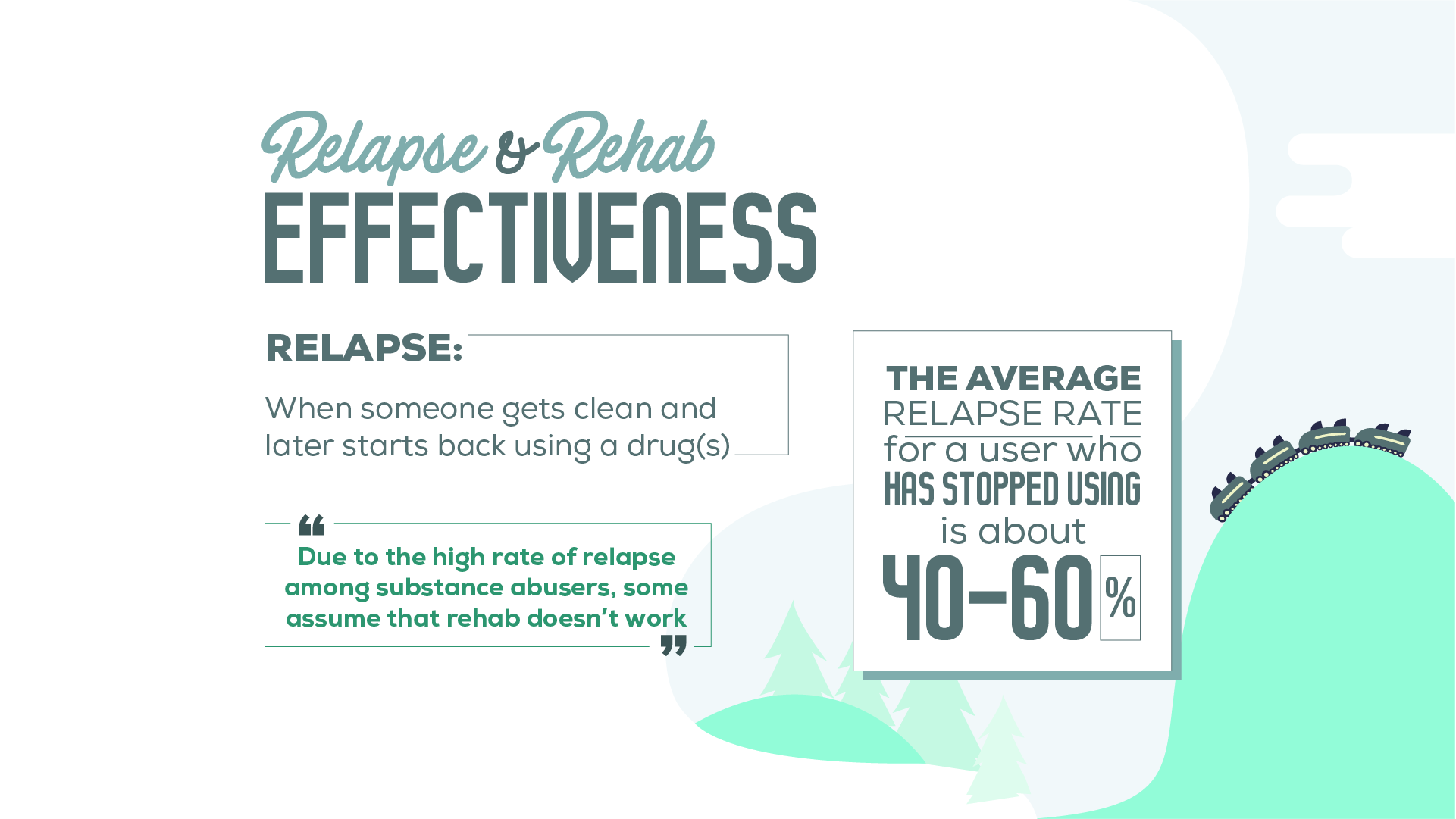Breaking an addiction is not almost giving up, however it is also essential to implement the changes you have made in to your daily life. Ongoing assistance once you have left rehabilitation is crucial to guarantee your lasting abstinence and this will originate from medical personnel along with good friends and household.
More than 20 million grownups battle with compound use disorder in the United States. The vast majority of those grownups (approximately 15%) are addicted to alcohol, while the rest are addicted to drugs like heroin, cocaine, benzodiazepines, and meth. Unfortunately, less than 10% of those addicted to alcohol and drugs seek expert dependency treatment.
They might be frightened to go into withdrawal, hesitate of what others might consider them, or simply just do not wish to stop utilizing. Others face the idea of needing to put their lives on pause while they get treatment. The potential length of time that somebody might require to devote to treatment can be daunting in itself, acting as another deterrent for an addict or alcoholic who needs help.
Research studies have actually shown that the finest and most effective method to treat addiction is through a combination of medication and therapy, all Substance Abuse Treatment of which is offered through rehabilitation. And, studies likewise reveal that the longer an individual stays in rehab, the most likely they are to avoid regression and remain sober.

Examine This Report on How To Rehab Tennis Elbow
Unfortunately, at the time of admissions, it is nearly impossible to figure out the exact length of your stay. This is due to the fact that your time spent in rehabilitation is based upon aspects such as your continued progress in the program and the professional opinion of your therapist and other experts. Most all inbound clients, however, prepare to stay involved in treatment for at least 1 month, despite what level of care they are set to receive.
Prior to getting you started in a treatment program, you will need to talk with the admissions team at the treatment center where you are looking for care. These experts work to collect as much information about you and your relationship with drugs and/or alcohol in an effort to develop a customized care plan.
It is crucial to be as honest with your responses as possible, as the kind of care you get will be based upon what details you offer. Some of the a lot of basic concerns that are asked when participating in a treatment program consist of, but are not restricted to, the following: What substances have you abused? What compound are currently you abusing? How long have you been abusing this compound for? Just how much of this compound are you utilizing at a time? Are you utilizing more than one substance at a time? If so, which substances and how much? Do you have any diagnosed mental health conditions? Do you have any medical conditions? Do click here you have a household history of substance abuse? If so, with who? Do you have a household history of mental disorder? If so, with who? Do you have family members with co-occurring conditions? What is your present living environment like? Are you utilized? If so, what is your work schedule? Do you have insurance? Do you have a support group in your home? Your answers will assist admissions professionals better comprehend things such as the severity of your compound abuse, your household history with this and other diseases, and what your current house environment is like.
As you begin your treatment, you will be working carefully with several mental health specialists who are going to assist direct you in your healing. In many ways, the quantity of time you spend in rehab depends on you. The more easily you share details, the much easier it is for therapists to assist treat you.
What Does What Is Outpatient Rehab Do?

However, remember that sometimes, despite what you do on your end, staying in treatment for a designated amount of time might be what is finest for your unique situation. So, for how long do individuals tend to remain in treatment? Most treatment programs provide alternatives for 30, 60, or 90 days long stays.
The length of time that you stay in other levels of care generally varies from 6-12 weeks per program. As an outcome, you might invest anywhere from 1 month to more than a year in treatment, but once again, that window of time is carefully determined and you have the option of continuing to get involved or not (however not following medical/psychiatric guidance is normally advised against).
Rehab programs include the following: Cleansing, or "detox," is an outright need for those people who depend on drugs and/or alcohol. This is the initial step for many who begin treatment for addiction, as getting mind-altering substances out of the body is critical. Throughout detox, clients will be supervised around-the-clock while they await drugs and/or alcohol to clear their systems.
People can remain in detox anywhere from a couple of days to about two weeks or two up until they carry on to a therapeutic program. what is subacute rehab. Usually, the more serious the addiction, the more time a person spends in detox. Once detox has actually been finished, the patient can then choose what their next actions are in concerns to further treatment.
Examine This Report on How To Rehab A House
If you register in this kind of rehab, you will live at the facility throughout of your therapy, which can last anywhere from 30-90 days depending upon your needs. A partial hospitalization program, or PHP, is perfect if you do not require to live at a treatment facility but still require everyday therapy and medical help.
Partial hospitalization programs are short-term treatment programs, implying that patients normally only spend a couple of weeks there. In many cases, nevertheless, patients can remain in a partial hospitalization program for a couple of months at a time. Extensive outpatient programs, or IOP's, frequently last anywhere from a few weeks to approximately 6 months.
You will spend several hours a day in treatment while at the center, meaning that it will be not likely for you to preserve a full-time job or significant dedication somewhere else if you are in this program. You may begin your treatment in an IOP or you may shift into an IOP from domestic treatment or detox, indicating that http://beaujxsm192.lowescouponn.com/indicators-on-what-happened-to-rehab-addict-you-should-know your overall remain in rehabilitation can be anywhere from a few months to more than a year.
When you do not need intensive look after your addiction, or when you need additional treatment after completing greater levels of care, outpatient treatment can be your finest option. The time you invest in outpatient treatment will be reflective of your requirements. Generally, however, outpatient programs range from a couple of weeks to over a year.